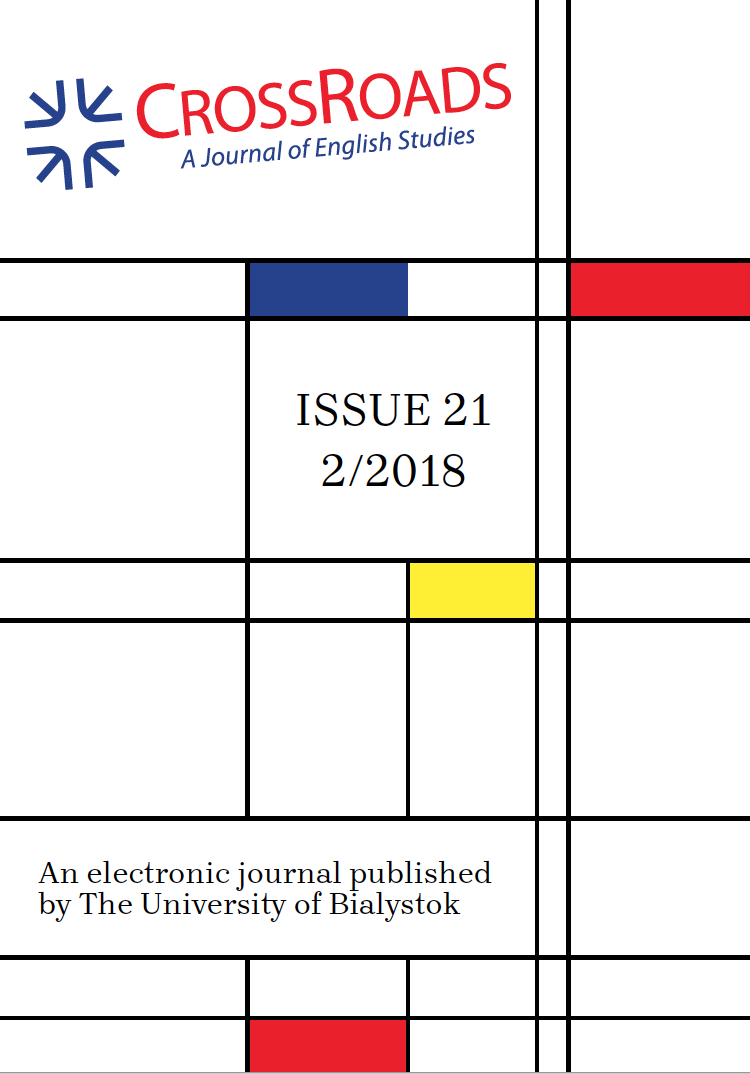Discourse Pattern, Contexts and Pragmatic Strategies of Selected Fraud Spam
Discourse Pattern, Contexts and Pragmatic Strategies of Selected Fraud Spam
Author(s): Ezekiel Opeyemi OlajimbitiSubject(s): Theoretical Linguistics
Published by: Wydział Filologiczny Uniwersytetu w Białymstoku
Keywords: Fraud spam; generic structure potential; mild conscription; messianic figure and cyber-fraudster
Summary/Abstract: The thrust of this paper is the pragmatic investigation of fraud spam, the unwanted emails containing the strategic use of language with the intention to swindle money from the recipients. Sixty (60) English medium email samples were collected from the author of the present paper’s email spam between July 2017 and February 2018 in Nigeria. These were analysed using Halliday and Hasan’s Generic Structure Potential and an aspect of Fetzer’s cognitive context model. The study identified six discourse patterns: salutation, discourse initiation, enticing information, mild conscription into business, request and subscription; orienting to contexts of business and religion; manifesting pragmatic strategies of adversatives, evocation of business idea, evocation of religious affinity and evocation of messianic figure. The study, therefore, concludes that cyber-fraudsters deploy similarly familiar patterns and contexts evincing strategic persuasive language to defraud their prospective victims. Significantly, the study complements existing literature on fraud discourse in linguistic scholarship.
Journal: Crossroads. A Journal of English Studies
- Issue Year: 2018
- Issue No: 02 (21)
- Page Range: 53-63
- Page Count: 11
- Language: English

